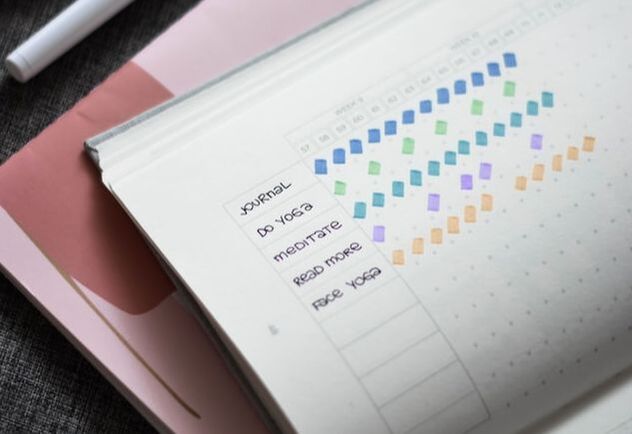Routine: Definition, Examples, & TipsHaving a routine can be enormously beneficial for well-being and goal achievement. Learn more about what a routine is and how you can start developing one.
Before reading on, if you're a therapist, coach, or wellness entrepreneur, be sure to grab our free Wellness Business Growth eBook to get expert tips and free resources that will help you grow your business exponentially.
Are You a Therapist, Coach, or Wellness Entrepreneur?
Grab Our Free eBook to Learn How to
|
Are You a Therapist, Coach, or Wellness Entrepreneur?
Grab Our Free eBook to Learn How to Grow Your Wellness Business Fast!
|
Terms, Privacy & Affiliate Disclosure | Contact | FAQs
* The Berkeley Well-Being Institute. LLC is not affiliated with UC Berkeley.
Copyright © 2024, The Berkeley Well-Being Institute, LLC
* The Berkeley Well-Being Institute. LLC is not affiliated with UC Berkeley.
Copyright © 2024, The Berkeley Well-Being Institute, LLC




